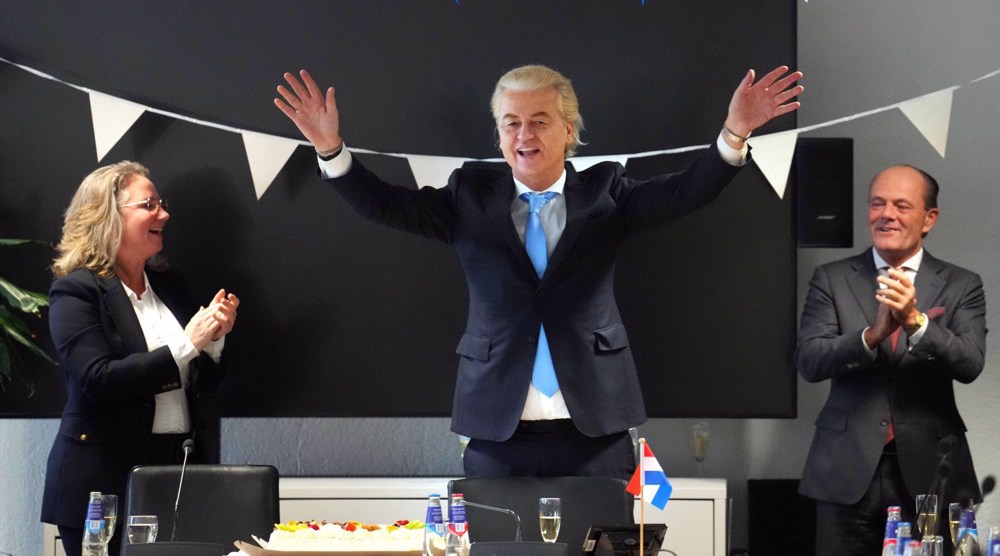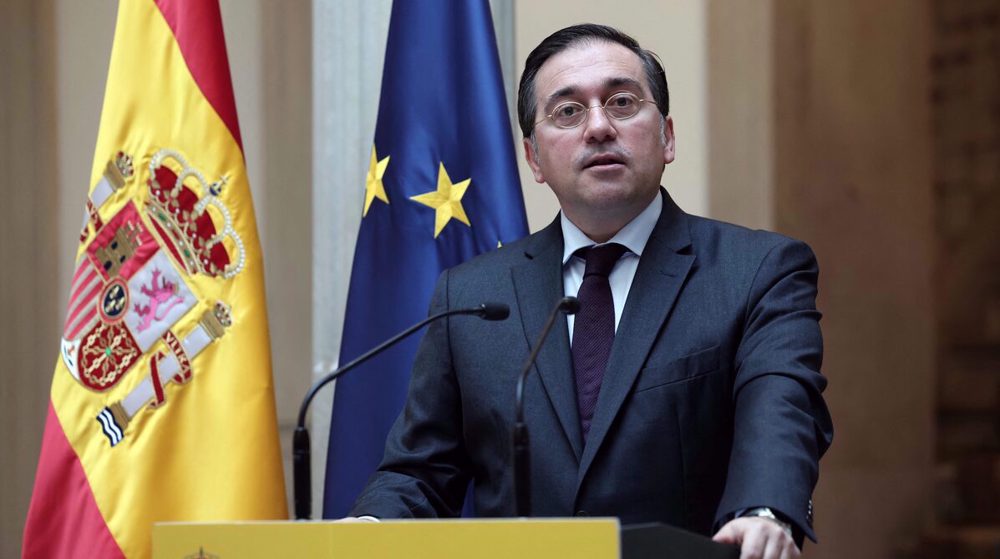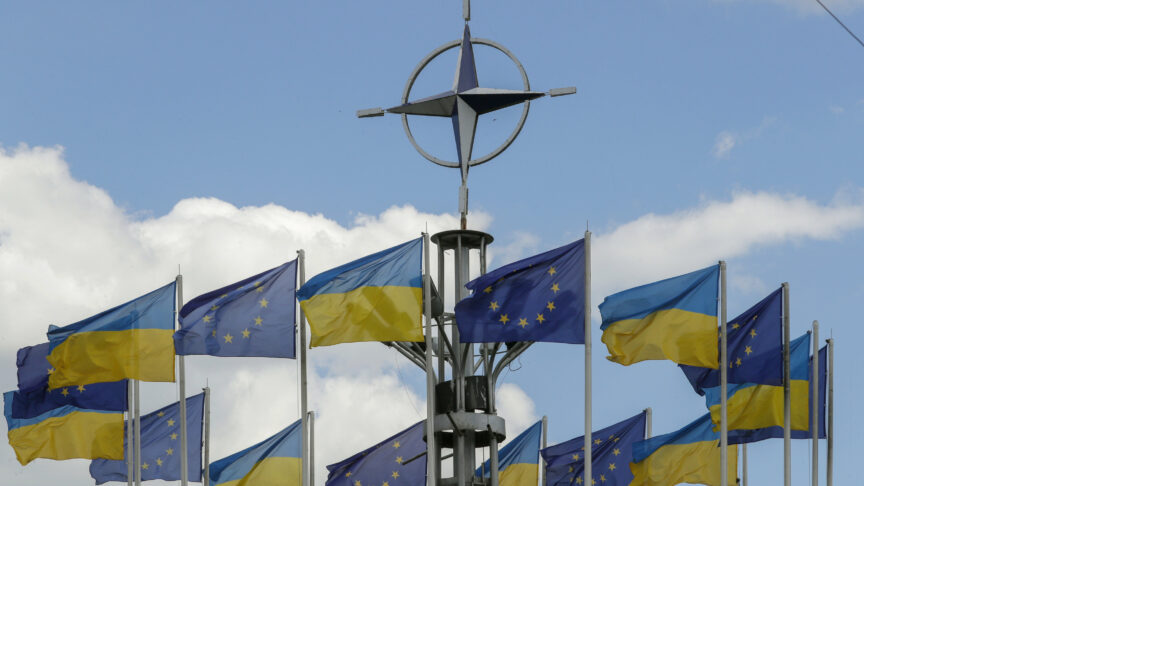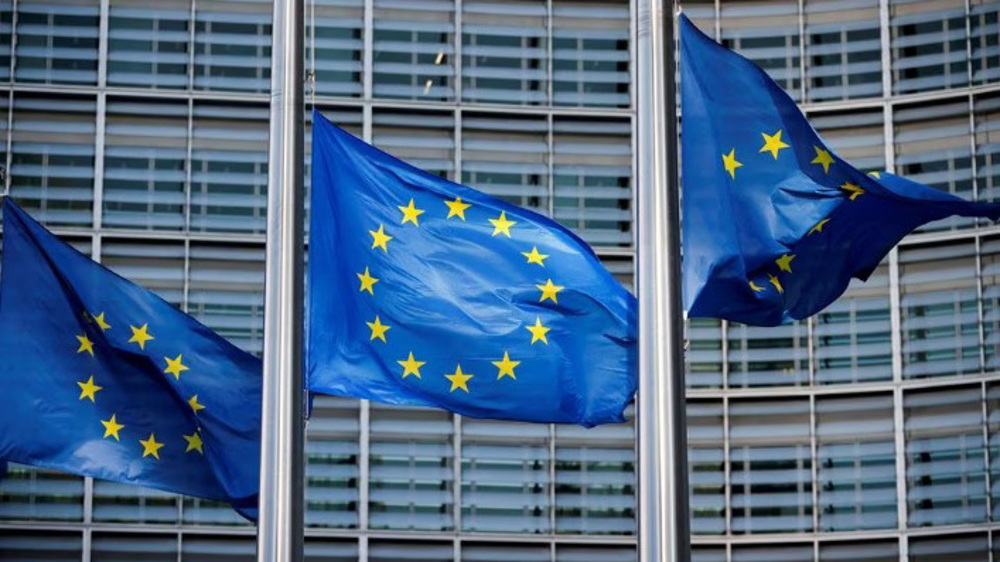‘Anti-European’ populists set to win big in EU elections as toxic tide of nationalism rises
"Anti-European populist" parties are poised to win big in the upcoming European elections in June, polling results have shown, raising the alarm for the continent as the parties have the potential to significantly alter the balance of power in the parliament, tilting it towards the right and potentially endangering crucial aspects of the EU's agenda.
Based on polling conducted across all 27 EU member states and analysis of past European parliament elections, it is evident that radical right parties are poised to secure the top position in nine countries including Austria, France, Italy, and Poland, and will either be the largest parties or will form the main opposition.
Meanwhile, the other group of nine countries, including, Germany, Spain, Portugal, and Sweden, could finish second or third in securing a majority right-wing coalition for the first time.
This prediction, based on new data from the European Council on Foreign Relations think tank, is aimed at understanding the probable voting patterns of the public ahead of the next European elections.
“Inside the European Parliament, a populist right coalition of Christian democrats, conservatives, and radical right MEPs (Members of the European Parliament) could emerge with a majority for the first time,” the report read.
“This ‘sharp right turn’ is likely to have significant consequences for European-level policies, which will affect the foreign policy choices that the EU can make, particularly on environmental issues, where the new majority is likely to oppose ambitious EU action to tackle climate change,” it further added.
The findings indicate that the European People's Party (EPP) and the Progressive Alliance of Socialists and Democrats (S&D), which are the primary political factions in the parliament, are expected to experience further decline in their number of seats.
It is noteworthy that these groups have already witnessed a decrease in seats during the previous two European Parliament elections.
This highlights the enduring decrease in backing for conventional political parties and the escalating endorsement for radical and minor parties throughout Europe, consequently, this trend is leading to a mounting fragmentation of party systems in Europe, encompassing both national and European levels.
“The main winners in the elections will be the populist right. The major winner will be the radical right Identity and Democracy (ID) group, which we expect to gain 40 seats and, with almost 100 MEPs, to emerge as the third largest group in the new parliament,” the report predicted, with a real possibility of entering a majority coalition for the first time.
The possible return of Donald Trump in the US and a right-leaning, inward-focused coalition in the European parliament could result in a rejection of “strategic interdependence and … international partnerships in defense of European interests and values”, they warned.
A close ally of French President Emmanuel Macron has cautioned that the EU will face significant challenges in maintaining effective governance if the rise of populist movements is not curtailed in the near future.
“Populists and nationalists are on the rise almost everywhere in Europe,” a senior European government source said.
“Unless pro-Europeans can convince people we are heading to extremes, then Europe will become ungovernable.”
UK engaged in 'systematic' suppression of pro-Palestine voices: Report
Hundreds of Greeks protest US warship arrival in Crete
Iran warns Trump against decisions based on false information
Iran embassy rejects 'fabricated' French reports on domestic affairs
Trump’s military buildup against Iran on Netanyahu’s behalf is a gambit doomed to fail
Iran dismisses US 'big lies' on nuclear, missile programs
CIA‑founded NGO admits deploying Starlink satellites for Iran riots
VIDEO | French comedian targeted by Rothschild and Epstein for his shows on Palestine

















 This makes it easy to access the Press TV website
This makes it easy to access the Press TV website